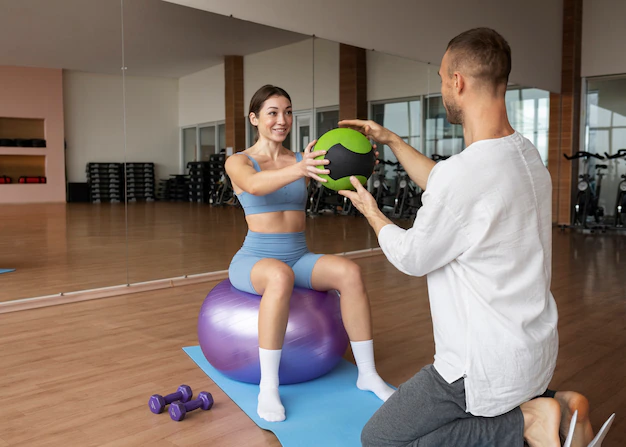Introduction
Staying active and maintaining mobility is crucial for a fulfilling life, especially as you enter your 70s and beyond. It’s not just about physical health; it’s about preserving your independence, social connections, and overall well-being. This article provides practical tips and strategies to help you stay active, maintain your mobility, and enjoy life to the fullest.
Strategies for Staying Active and Maintaining Mobility
Embrace Regular Exercise
Regular exercise is the cornerstone of mobility and overall health. Choose activities you enjoy to make it a sustainable habit.
- Walking: A simple yet effective exercise. Aim for at least 30 minutes most days of the week. Consider joining a walking group for social interaction.
- Swimming: A low-impact activity that’s gentle on joints. Many community centers offer senior-specific aquatic classes.
- Chair exercises: Ideal for those with limited mobility. Search online for chair yoga or chair aerobics routines.
- Strength training: Builds muscle mass and bone density. Use light weights or resistance bands. Focus on exercises that improve balance and functional strength, such as squats (assisted if needed), lunges (also assisted if needed), and rows.
Prioritize Balance and Flexibility
Balance and flexibility are essential for preventing falls and maintaining range of motion.
- Yoga and Tai Chi: Both promote balance, flexibility, and mindfulness. Look for classes specifically designed for seniors.
- Stretching: Incorporate daily stretching exercises to improve flexibility and reduce stiffness. Hold each stretch for 20-30 seconds. Focus on major muscle groups like hamstrings, calves, and shoulders.
- Balance exercises: Simple exercises like standing on one foot (while holding onto something for support) can significantly improve balance. Try heel-to-toe walking for additional stability.
Nutrition for Mobility
A balanced diet plays a significant role in supporting your physical health and mobility.
- Calcium and Vitamin D: Crucial for bone health. Include dairy products, leafy greens, and fortified foods in your diet. Consider a Vitamin D supplement, especially during winter months.
- Protein: Important for maintaining muscle mass. Include lean meats, poultry, fish, beans, lentils, and eggs in your diet.
- Omega-3 fatty acids: Found in fatty fish like salmon, tuna, and mackerel, as well as flaxseeds and walnuts. These help reduce inflammation and support joint health.
- Hydration: Drink plenty of water throughout the day to keep joints lubricated and maintain overall health.
Stay Socially Connected
Social interaction is vital for mental and emotional well-being, which in turn affects physical activity.
- Join a club or group: Engage in activities you enjoy, such as book clubs, gardening clubs, or senior centers.
- Volunteer: Volunteering provides a sense of purpose and keeps you active in your community.
- Stay in touch with family and friends: Regular social interaction helps combat loneliness and encourages you to stay active.
Address Pain and Discomfort
Don’t let pain and discomfort limit your activity levels. Seek professional help and explore pain management options.
- Consult your doctor: Discuss any pain or discomfort with your doctor to determine the underlying cause and explore treatment options.
- Physical therapy: Physical therapists can help you improve strength, flexibility, and range of motion, as well as manage pain.
- Pain management techniques: Explore options such as acupuncture, massage therapy, or over-the-counter pain relievers (with your doctor’s approval).
Regular Check-Ups and Preventative Care
Maintaining your health through regular medical appointments is essential for addressing potential issues early and maintaining mobility.
- Annual Physicals: Schedule regular check-ups with your primary care physician to monitor your overall health and address any concerns.
- Eye Exams: Regular eye exams are important to detect vision problems that can increase the risk of falls.
- Hearing Tests: Address hearing loss promptly to improve communication and social interaction.
- Dental Care: Good oral health is important for overall well-being. Maintain regular dental check-ups.
Conclusion
Staying active and maintaining mobility in your 70s and beyond is achievable with a proactive approach. By incorporating regular exercise, prioritizing balance and flexibility, maintaining a healthy diet, staying socially connected, and addressing pain and discomfort, you can enjoy a healthy, active, and fulfilling life. Remember to consult with your healthcare provider before starting any new exercise program.
